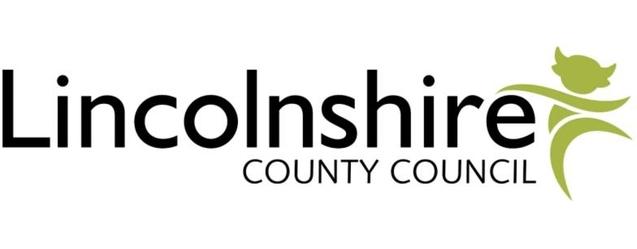“In the last six months we’ve seen our looked-after children figures come down, our child protection numbers go down and the time children spend on child protection plans reduce,” says Danielle Marshall, the Signs of Safety restorative practice lead at Lincolnshire County Council.
The driver of these breakthroughs are the new practice approaches the authority’s been introducing in recent months as it enters phase two of its adoption of the Signs of Safety model.
Phase two involves the council stepping up its embrace of restorative- and relationships-based practice through the introduction of family network meetings and Safety Plans that put families at the heart of the solution to improving children’s lives.
“We’re moving away from this idea that we come in with a magic wand and tell families what to do,” says Danielle. “What we’re doing now is much more a ‘done with’ approach that combines the restorative principles of high challenge, high support and Signs of Safety principles.”
The family network
For families the most immediate difference of Lincolnshire’s shift in focus is the introduction of family network meetings. These mandatory meetings now take place within the first ten days of a case opening. The goal of the meetings is to bring the family and their wider network together with the social worker to work out a Safety Plan for keeping children safe, well and happy.
“The family’s network isn’t just the grandparents, aunts and uncles but the whole network around the family – everyone who can potentially offer support to the family,” says Danielle.
“It could be neighbours or friends of the family. It can even be people who don’t even live remotely close to the family who might be able to offer support by a telephone call or a check-in text.”
The goal of the meeting is for the family and the network to come up with the solutions and to work out how social workers and other professionals can support them to deliver that change.
Changed dynamic
“The meetings really change the dynamic of how we work with families,” says Danielle. “What we’re telling families is that it’s going to be really difficult to achieve change if it’s just one parent trying to make the whole change for children and so what we want to see is how they and their network can help deliver that change together.
“And, if a family doesn’t have that network, we look at how we can build a network because otherwise we will remain worried that families won’t be able to sustain any change.”
Our social workers are saying what we’re now doing is why they joined the profession
Ultimately it’s about empowerment, she adds, finding ways to encourage families to draw on their strengths to address concerns rather than giving them a big list of things not to do.
Family network meetings have also necessitated an overhaul of how assessments are done in Lincolnshire. The new assessments now explore the wider family network, what worked for the family in the past and the triggers or stresses that could lead to a child being harmed.
“There’s also a whole section on the family’s lived experience that explores questions such as what the child thinks of their parents, how the child feels about being at home and what mum and dad love about the child.
Training for change
Although the focus is on empowering families, the safety plans also see families given what Lincolnshire calls ‘bottom lines’. “The bottom lines are things that absolutely cannot happen,” says Danielle.
“It might be that a dad must not have any unsupervised contact with the children and we’re clear with families that if that does happen, there may be the consequences. But our first port of call is the family’s safety plan and how we’re trying to develop a safe environment for the child rather than the standard ‘don’t do this, don’t do’ that approach.”
Although the new approaches only began being put into practice this summer, Lincolnshire has been preparing its social workers for the change since last September.
“We knew our focus was going to change so we’ve done lots of practice workshops, induction programmes and training with our social workers and the managers who support them,” says Danielle. “So there’s been a lot going on in the background because we wanted people to really understand the direction of travel before starting the pilot.”
Caseloads down
While every locality in Lincolnshire is involved in piloting the new approach, it’s introduction won’t only be fully complete until early next year once the feedback from social workers, families and others has been fed into the model. Even so, the council is already seeing big benefits from its new, empowering approach.
“Looked-after children and child protection numbers are down and we’re getting really good feedback from families about their involvement in the process,” says Danielle.
“We’re also seeing evidence of safety plans working and how they are keeping children safe. We’ve had families where we’ve removed children previously but under the new approach we’ve worked differently with them and that’s led to their child staying with them. It’s early stages but we’re really seeing it make a difference.”
“Our social workers are also saying to us that what we’re doing is why they came into the profession, they want to do that direct work with the children and families and build on the strengths that already exist rather than trying to go in with all the answers.”
Read more about being a Lincolnshire County Council social worker
How one council fixed the broken career ladder in children’s social work




 Facebook
Facebook X
X LinkedIn
LinkedIn Instagram
Instagram